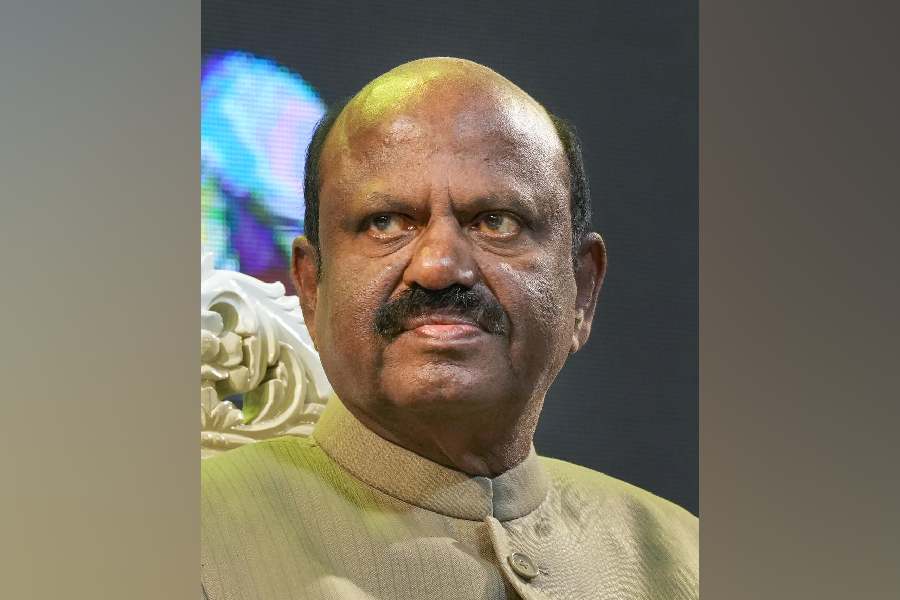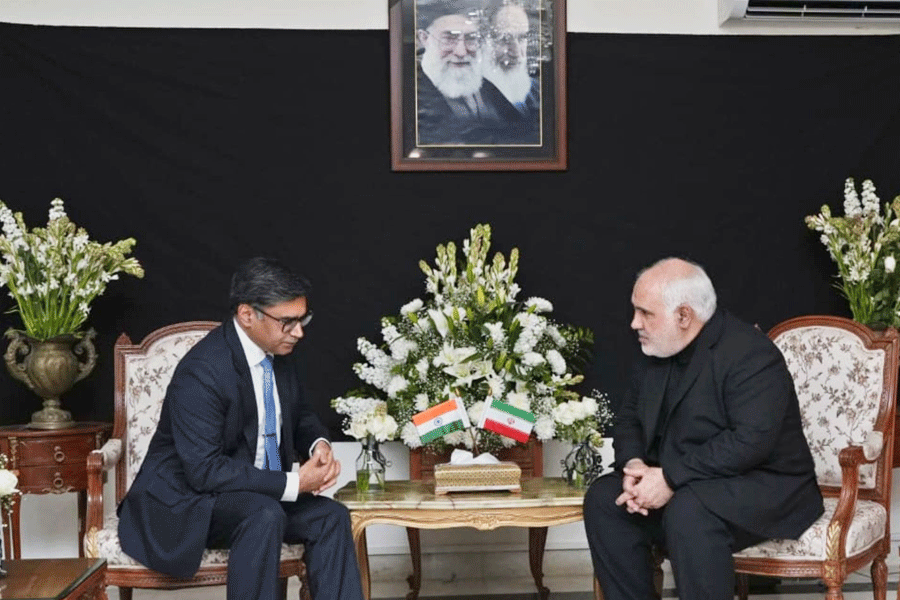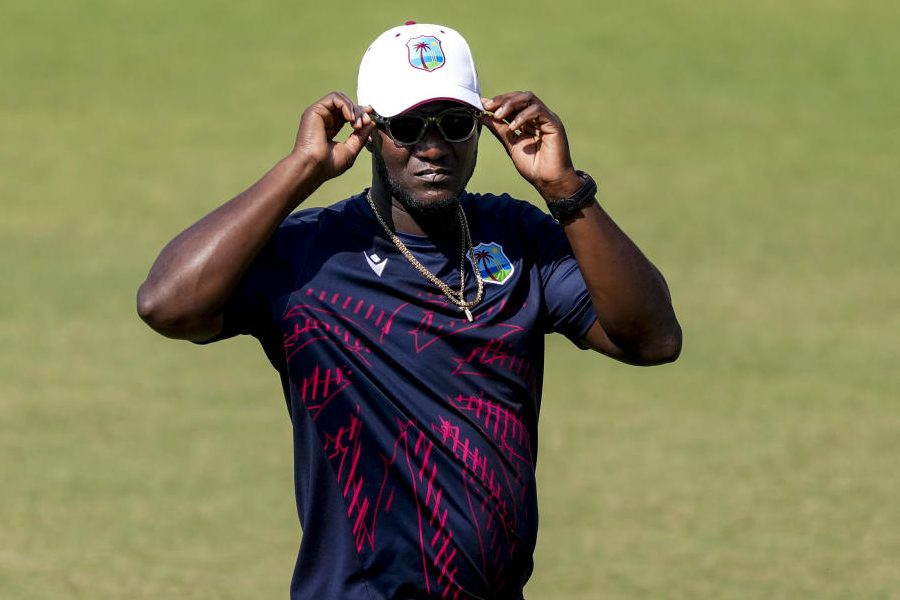 |
Although he’s best known for his supporting roles in Good Morning Vietnam, Platoon, and The Crying Game, when Forest Whitaker is given the chance to star in a lead role, he makes the most of the opportunity. Audiences first saw the actor’s versatility in 1988 when he was cast as jazz musician Charlie Parker in the biopic, Bird.
To prepare for the role of drug-addicted Parker, the 46-year-old actor hid himself away in a loft with only a bed, couch and saxophone and focused on mastering the sax. His performance earned him a Best Actor trophy at the Cannes Film Festival and a Golden Globe nomination.
In what many consider his greatest role, Whitaker starred as Ugandan dictator Idi Amin in the biopic The Last King of Scotland. An adaptation of the 1988 novel, the film looks at the man within the monster via a fictional relationship between Amin and a young Scottish doctor (Atonement’s James McAvoy).
To portray the man who was reportedly responsible for the death of more than 300,000 people in the 1970s, Whitaker gained 23 kg, learned to play the accordion, mastered Amin’s East African accent and learned Swahili.
|
Once again, the commitment paid off. Whitaker was honoured with a host of awards, including a Best Actor Oscar, a Golden Globe and a statuette from the Screen Actors Guild.
Whitaker has also been successful behind the cameras. In 1995, he directed Whitney Houston in the female-centric drama, Waiting to Exhale. Three years later he returned to the director’s chair to helm the Sandra Bullock weepie, Hope Floats and the romantic comedy, First Daughter.
In 1996, Whitaker married actress Keisha Nash, who he met while filming the actioner, Blown Away. The Whitakers have two daughters together — Sonnet and True — and also care for Whitaker’s son, Oscar, from his first marriage, and Nash’s daughter, Autumn, from her previous marriage.
How did you prepare to play one of the most charismatic, but evil, dictators in history?
I started studying everything about him before I left Los Angeles. When I got to Uganda, I just started to try to understand what it was like to be Ugandan and be Idi Amin. I pushed myself every day so I fell deeper and deeper into the way I hoped he was thinking. I have to say, this was a role I played 24 hours a day almost, even in my sleep sometimes, because my dreams would include Idi Amin. I guess I was totally consumed by the character toward the end.
How did you make peace with the fact he was such a monster?
I watched a documentary that followed him for a long period of time and you saw him with his kids, with his doctors, at press conferences and all these different situations that helped me see why Ugandans had such mixed feelings about him. Some looked at him as a hero and some clearly thought he was responsible for the death of thousands of people. He started the theatre scene by starting a radio station that auditioned for plays and that introduced a lot of culture to that country. He was also behind the tragic event of kicking out all the Asians, but even that wound up having a positive impact on the country because it created Ugandan businessmen.
How did you let go of Amin when it was over?
It wasn’t until the movie was over that I decided I could let go of the character and the first thing I did was literally take a shower, because I had this image of scrubbing myself to try and get him off me. I was in a room by myself talking out loud because I wanted to get my own voice back and pull out my normal clothes and do everything I could to be Forest again.
Could you relate to Idi Amin in any way?
Whenever you play a character, you search deep inside yourself and keep looking inside. I think I was looking for things in myself and as far as paranoia went, I definitely understood the nervousness of going into a room full of people and not knowing how it’s going to go. But hopefully my paranoia doesn’t turn into treating people badly and I certainly don’t commit mass murder over it! People deal with fear in different ways, but I was definitely able to use my own thoughts around paranoia and heighten them to play this role.
How did the experience of making this movie affect you?
I believe it was an experience that changed my life. I’m lucky I got to live in Africa not as a tourist but someone who really belonged there for a few months. I went with the purpose of understanding what it was like to be African — and in particular Ugandan — and I wanted to really understand the culture, the food and the way of life. People invited me to their homes and took me into their hearts so it was a very different experience than going there for a few weeks on a safari and a holiday.
You also starred on the TV series The Shield as an internal affairs officer out to get crooked cop Vic Mackey (Michael Chiklis). It must have been a nice change to play a good guy again.
When I was doing The Shield, I felt like my character was a good guy, but yet I remember walking in Boston one night and this guy was like, ‘What are you doing to Vic? Leave him alone!’ and I was like, ‘I’m not going to leave him alone — he’s a bad man!’ So I do enjoy trying to explore that side of all of us, because it also helps me understand the parts of myself like that. I think my character in The Shield is corrupted by power, as is Idi Amin. We are all capable of things we don’t expect.
How does it feel to win all these awards at this stage in your career?
It’s a great thing if people like my work. But I’ve been doing this a long time and I just hope it means people will come see the movie, because that is the most important thing and the reason I worked so hard on it. Lots of times I’ve done things where people told me I was going to be nominated and it never happened. So it’s great to finally be appreciated but I just want people to see the work!











